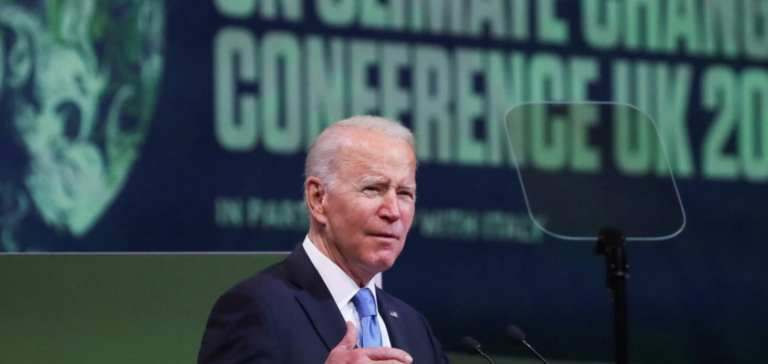US President Joe Biden’s decision not to attend COP28 in Dubai has raised questions in political and environmental circles. Indeed, with a record 70,000 participants expected, this absence is seen as an important milestone in the United States’ commitment to climate change.
Biden’s International Commitment and Local Agenda
Despite the importance of COP28, marked by the presence of figures such as Pope Francis, Biden’s agenda is geared towards domestic commitments. However, these activities include wind energy investment promotion and diplomatic meetings, showing a refocusing on pressing internal and external issues.
History of American involvement in the COPs
Historically, the participation of American presidents in the COPs has not been consistent. However, Biden had previously reinforced America’s commitment to tackling climate change, particularly after withdrawing from the Paris Agreement. His presence at COP26 and COP27 was a strong signal of this commitment.
John Kerry’s role at COP28
With Biden absent, John Kerry, the US climate envoy, will lead the delegation. His experience as a former Secretary of State plays a crucial role, although the President’s absence raises questions about the United States’ current commitment.
Future Perspectives on U.S. Climate Policy
Biden’s decision not to attend COP28 raises questions about the future direction of US climate policy. At a time when global environmental issues are intensifying, this absence could be interpreted as a sign of a reorientation of US domestic policies.
The impact of this decision will be felt in the discussions at COP28 and beyond, underlining the crucial role of the United States in global efforts against climate change. The actions and choices of American leaders remain in the international spotlight.
President Biden’s absence from COP28 in Dubai is a notable event that reflects a possible rebalancing of US political and environmental priorities.





















